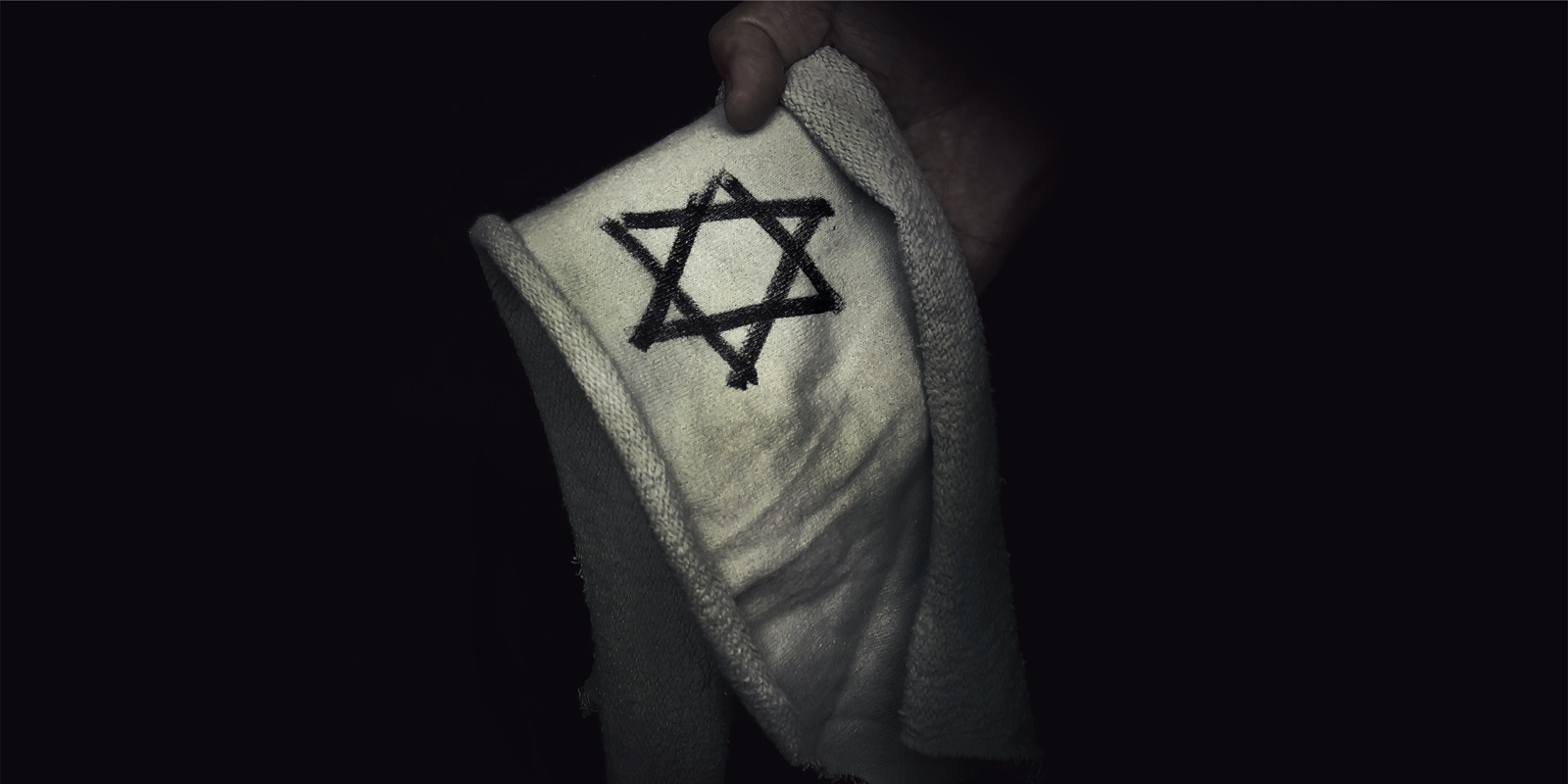Many times we don’t have the patience to wait for an answer to our prayers, and other times we don’t even know when we’ve received it. For the ten Boom family, the answer to some prayers came 100 years later.
In the year 1844, Willem ten Boom was deeply impressed by a message he had heard in church. It was based on verse 6 from Psalm 122: “Pray for the peace of Jerusalem: «May they prosper who love you.».” Because Haarlem, the Dutch city where he lived hosted a large number of Jews, Willem considered organizing a weekly prayer meeting in his home. Anyone, regardless of their religion, could participate in these meetings, where they also prayed for the blessings of Jewish people. Willem was a well-known watchmaker in Haarlem, and some of his clients attended his prayer evenings. Thanks to these regular meetings, a community of people was slowly built around the ten Boom family. The community not only prayed, they practiced their love.
The prayer meetings were kept as a family tradition and passed on from generation to generation. Almost 100 years later, Willem’s great-great grandson, Casper, also a watchmaker, was faced with a decision about whether to respect the new laws against Jews or to act based on his faith. Jews, for which he had been praying for years, were now being threatened by the Nazis, who had invaded the the Low Countries. After a few conversations with his two daughters, Corrie and Betsie, he decided there was nothing else they could do but help the Jews, whose deportation had begun.
Casper’s daughters were special, thanks to their undertakings and their character. Corrie was renowned as the first woman watchmaker in the Netherlands, and she would take her father’s business forward. She volunteered at a center for children with disabilities and spoke to them about her faith. Betsie was her father’s right hand and Corrie’s best friend. The two sisters never got married, so the Nazi invasion found them in their father’s house, helping in the workshop as usual. In 1940, when the Germans invaded the Netherlands, Corrie was 48 years old, Betsie had turned 54 and their father 80. It wasn’t easy to take the risk of hiding Jews and Dutch dissidents, but they did everything they could to turn their house into a safety passage as part of a network of all those who had, until then, prayed for the Jews.
They managed to secretly bring bricks and mortar into their home to build a fake wall, behind which those who stayed on the upper floors could hide. A bell was set up upstairs so as to quickly ring the alarm. Corrie and Betsie had been trained by their older brother, Willem, a Pastor of the Dutch Reformed Church, to answer uncomfortable questions whenever they were suddenly woken up from their sleep. They enacted a Gestapo visit, to make sure that they wouldn’t give away those who trusted them to save them.
The biggest problem the family faced was not the fear of the authorities, but the lack of food. As it was wartime, any item of food was given away on ration cards, and the rations were carefully measured. The two always had to improvise and sometimes even go hungry themselves, because there were always six to ten people hidden away at their place. With faith and courage, Corrie asked a Dutch official if she could get more cards because she had a lot of people to feed. Shocked by her question, the man replied that the only way she could do that was by robbing him. A few days later, he came by their house with 100 food cards, a blue eye and scratches, all of which suggested he had been robbed. He wasn’t the first to help them. The community of people who used to meet to pray together was now strong and united in the effort to save as many people as possible.
In 1944, when the whole family was arrested by the Gestapo after being turned in, 800 Jews and Dutch dissidents had passed through the ten Boom house on to safety. When they were arrested, six people were hiding behind the fake wall. Although the ten Booms were beaten in order to say where the hiding place was, nobody gave away the secret. The six people lay in the narrow space behind the wall without moving for two days while Gestapo agents sat at the table in the room. When the agents left, the six managed to escape to safety with help from Corrie’s network.
Casper died only 10 days in a concentration camp. Corrie and Betsie ended up in the Ravensbruck camp, close to Berlin. “Now we’ve reached Hell”, Betsie told Corrie, when they reached the overpopulated, filthy and disease-ridden camp. Despite the conditions and the exhausting work, they found ways to show their faith. The guardsmen would not go into the lice-ridden shacks, so women would stay up late at night to read from the Bible they had barely managed to sneak into the camp. They translated the texts into different languages, and they would pray and sing in a low voice songs belonging to the different confessions of the women in the camp.
Sadly, Betsie did not survive the camp, but before dying she told Corrie: “We need to tell them what we discovered here. We need to tell them that there is no ditch so deep, the depth of which He won’t overcome. They will listen to us Corrie, for we have been here.”[1] Corrie was released a few days later because of a mistake a clerk had made. Within only one week after her release, all of the women her age who had stayed in the camp were killed. She was the only one who could speak about the faith that had not died out in the concentration camp.
After her return home, Corrie was hospitalized for several weeks so she could recover. After the war, she worked with refugees and people who had been affected by the war. She then received invitations from all over Europe to speak to people about prayer, faith and forgiveness. Corrie wrote several books, out of which her autobiography, The hiding place, is the most known.
Corrie died in 1983, in the United States at the age of 91. Even though she lost her family in the concentration camps, she never regretted getting involved in saving those who needed their help. “We never know how God will answer our prayers, but we can expect that He will get us involved in His plan for the answers. If we are true intercessors, we must be ready to take part in God’s work on behalf of the people for whom we pray.”[2]
Andreea Irimia teaches computer science and technological education.



















